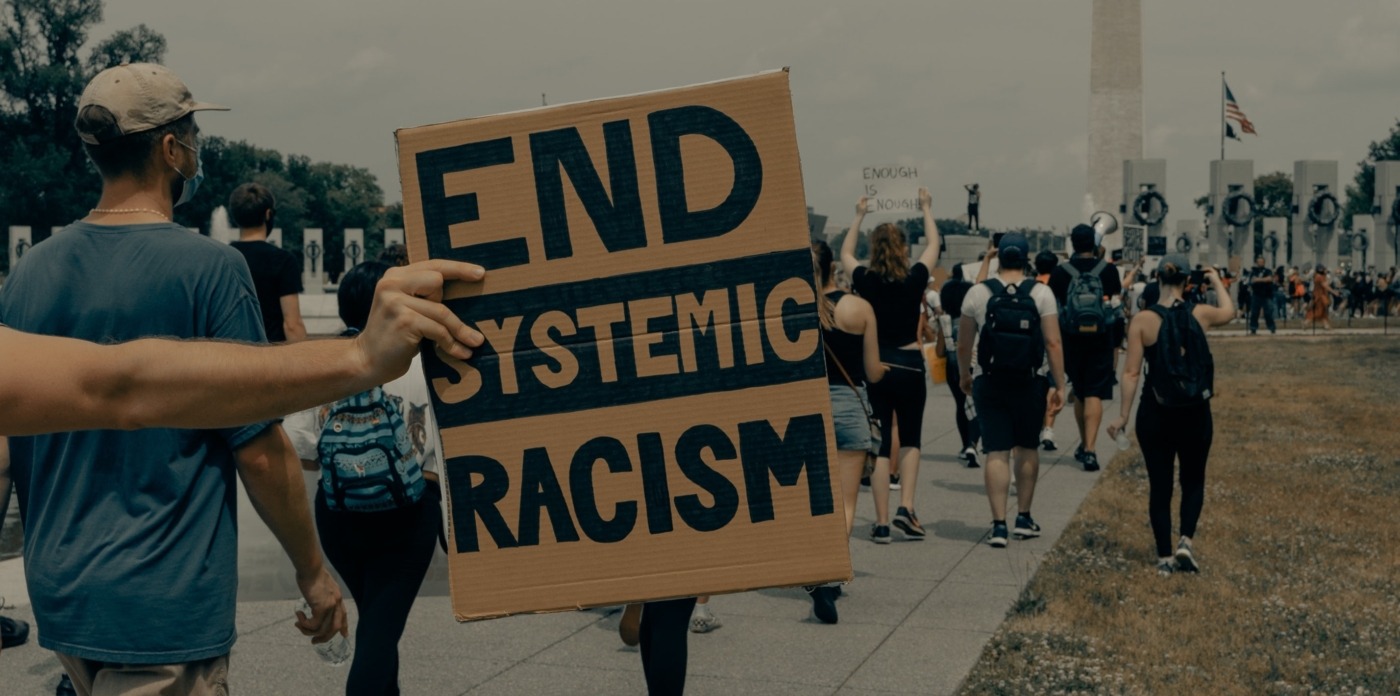The Karen problem: where there is racism, a meme is sure to follow
“Hollywood is flipping the viral Karen meme into a blockbuster.” This was Complex’s description when they announced a crime thriller, entitled Karen, was in the works. With news of this spreading like wildfire on social media, as all big decisions do, I thought I would dip into the meme and the memory of it in all its viral, co-opted, evasive glory.
Previously, The Boar discussed the use of the word ‘Karen’ and the wave of sexist vitriol that has latched onto it. What is so scary about white “soccer mom” types being ridiculed on the internet for causing scenes, you may ask? Well, as a black person, I’ll tell you, but you may not like the answer I give. Hint: it’s racism. It’s very much racism.
Karen, the meme, and the people who embody it are part of the racism that black people desperately want to be acknowledged. The so-called self-reflection many non-black people profess to be doing somehow dodges this very large and very obvious pointer finger. It is more than a white woman “who happens to be as entitled as she is ignorant” as a Guardian writer describes. Karen is part of a wider problem society experiences when it comes to addressing how racism is systemic and upheld by white supremacy. Our engagement with this observation by commodifying it into a meme, as Gen Z and millennials often do, is part of the problem.
The problem with the Karen meme is that it is part and parcel of our inability to truly confront racism dead on
Though the Karen meme has its own implications in the context of sexism and controlling women’s behaviours, the roots of the meme lie in the behaviours of white women that are too often underplayed by framing them through a lens of docile fragility. White women are able to utilise and abuse their power in a more covert and less ostensibly offensive way because they are wielding a more feminine type of power. This privilege and power demands more critical thought than simply saying someone is a Karen for shouting at a waitress or reaching their hands into a black person’s hair. Calling someone a Karen too often neglects their weaponising of privilege for selfish means, something only further highlighted by the pandemic.
The problem with the Karen meme is that it is part and parcel of our inability to truly confront racism head on. This scares people. And so we have to dilute and modify how we present and critique racism. The Karen meme merely pokes a toothpick sized hole in the film of racism that operates within our society. It recalls the term “Becky” that gained a whole new lease of life in non-black contexts as a result of Beyoncé’s Lemonade. Karen has a meaning. Karen is part of how black people have been identifying systemic and personal interactions with race in society. Karen is a word, but the five letters open a can of worms that nobody is willing to truly call out.
Through the mist and the mirth, the meme and the mockery, we need to understand the implications of white behaviour in society
Blanket terms like “problematic” are used to avoid directly calling out racist and harmful behaviours, and tie in with our inability to truly confront the violent history of white womanhood. White women are allowed to abuse their privilege, and in trying to question and approach it head-on, we are met with tone-deaf responses that only satirise it.
Through the mist and the mirth, the meme and mockery, we need to understand the implications of white behaviour in society. It is damaging to isolate whiteness to “the bad apples” and the few who are openly mockable—those who are not socially desirable in age, weight and class. Try word association with the term and you probably will hear “ugly” at least once. Make no mistake, Karen’s are ugly, but they are ugly for their behaviour not for their appearance.
Karen in meme form disallows us to comment on racism and unpack the behaviours of white people in society and the privilege that enables them to do so. Karen is society in a box, and while it does hold women in, it also represents how some women aren’t held in the same box as others. Being seen as a Karen is better than not being seen at all.

Comments